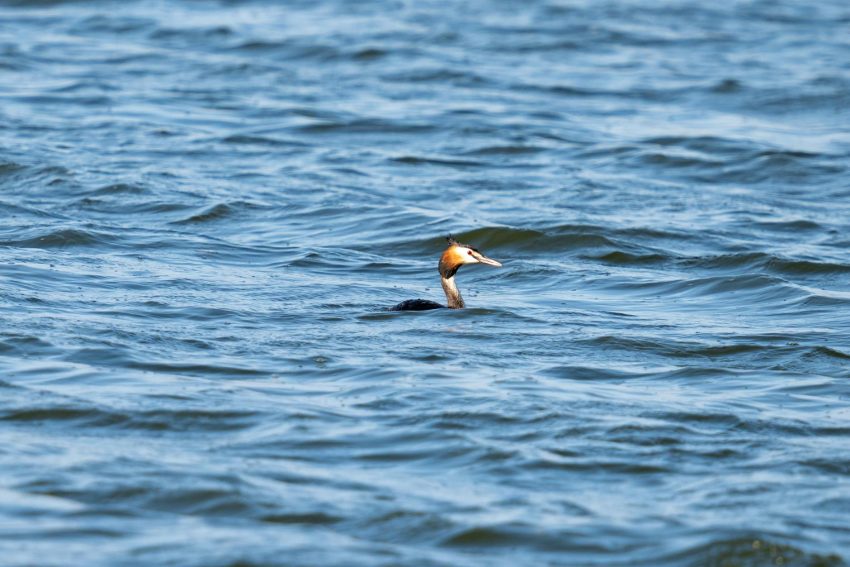Have you ever stopped to think about how much we rely on clean water? It’s not just about quenching thirst; it’s about the health of our families, the well-being of our planet, and our daily lives. Imagine living in a place where water is so polluted that you can’t even swim in your local lake or drink from the tap. Scary, right? Unfortunately, that’s a reality for many around the globe, but the good news is that we can all take action to turn the tide.
Let’s delve into some conservation practices that can help improve water quality in our communities. First off, do you know what stormwater runoff is? It’s that pesky water that flows over surfaces like roads and sidewalks after it rains, picking up all sorts of pollutants along the way. You might be surprised to learn that something as simple as planting trees or creating rain gardens can significantly reduce that runoff. Trees not only absorb water but also filter it, making a natural barrier against contamination.
Now, onto another biggie: agricultural runoff. Picture a farmer using fertilizers to boost crop yields. Sounds great, right? But when it rains, those chemicals can wash into nearby streams and rivers, degrading water quality. You might think, “What can I do about farming practices?” Well, advocating for sustainable agriculture is a start. Supporting local farmers who use organic methods can help lower the impact on our waterways.
Don’t forget about everyday choices, either! Reduce, reuse, recycle—it’s more than just a catchy phrase. When you reduce plastic use, you’re helping keep it out of our oceans and rivers. Think about it: every plastic bottle you skip is one less piece of trash that could end up contaminating a wildlife habitat. Plus, using eco-friendly products can minimize harmful chemicals entering the water system. It’s a win-win!
- Use biodegradable cleaning products.
- Participate in community clean-up events.
- Install rain barrels to collect water for gardening.
- Practice mindful lawn care by avoiding chemical pesticides.
Now, let’s take a moment to consider individuals living in areas where water scarcity is a daily struggle. It’s easy to forget that this is more than just a statistic; it’s about real people facing real challenges. Imagine a child not having access to clean drinking water. That’s why conservation practices aren’t just about the environment—they directly impact health, education, and economic opportunities. By ensuring good water quality, we’re investing in a brighter future for all.
As you reflect on these practices, think about how easy it can be to make small changes in your daily routine. Whether it’s turning off the tap while brushing your teeth or choosing to walk instead of drive, every little bit counts. And here’s a thought—what if we could start a ripple effect in our communities? Encourage your friends and family to join in too! The more people committed to water conservation, the bigger impact we can make.
If there’s one takeaway from this chat, let it be this: our actions matter. Every drop saved and every pollutant reduced brings us closer to a healthier planet. So, the next time you fill up your glass, remember that you hold the power to protect that precious resource. Let’s cherish it together! After all, clean water is not just a want; it’s a need.
